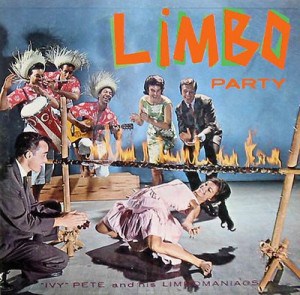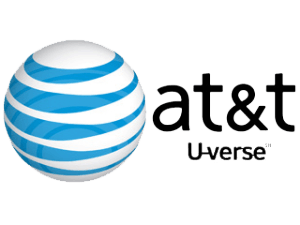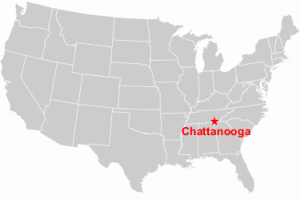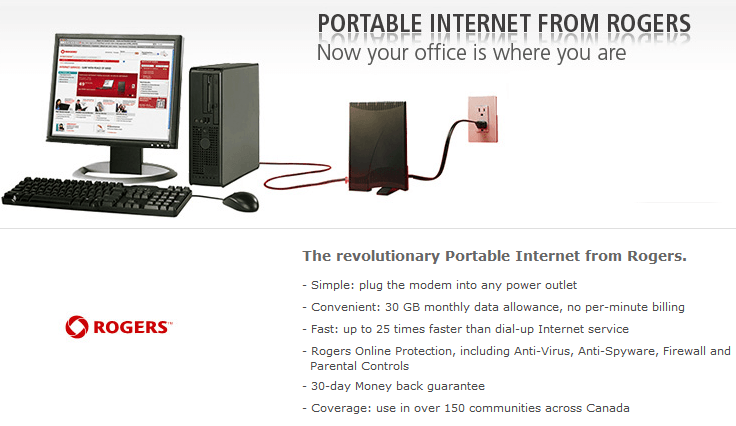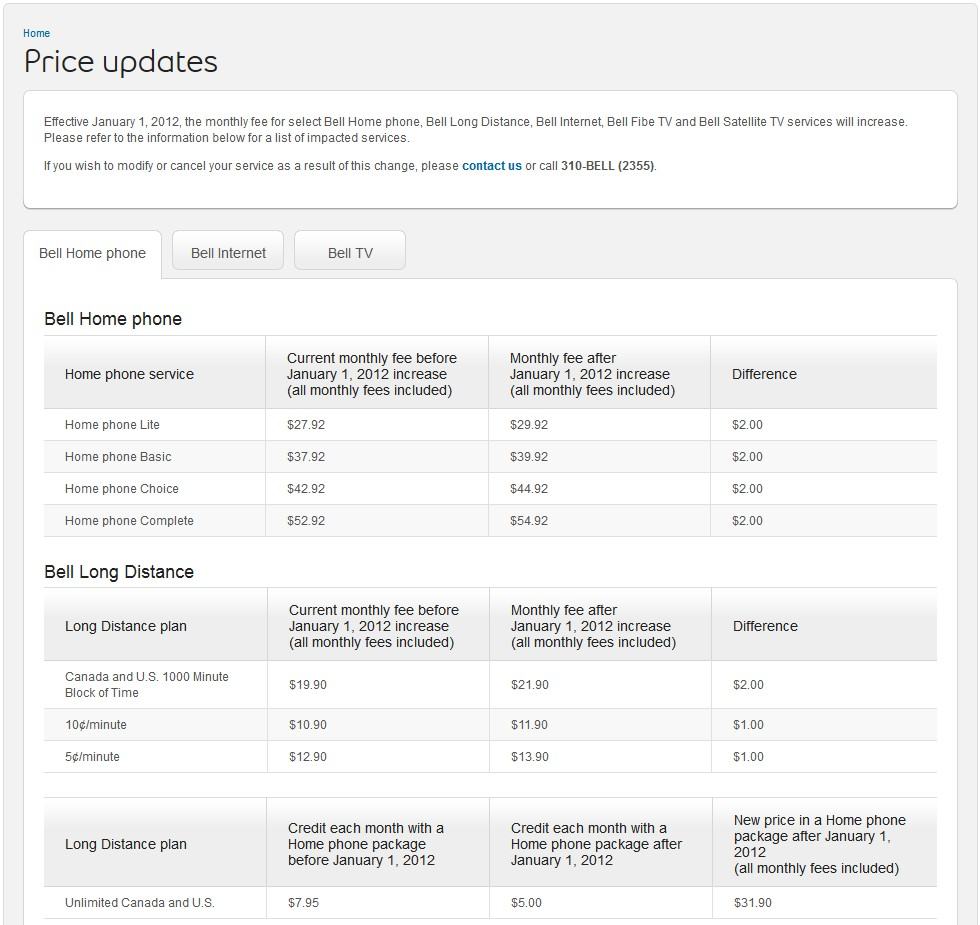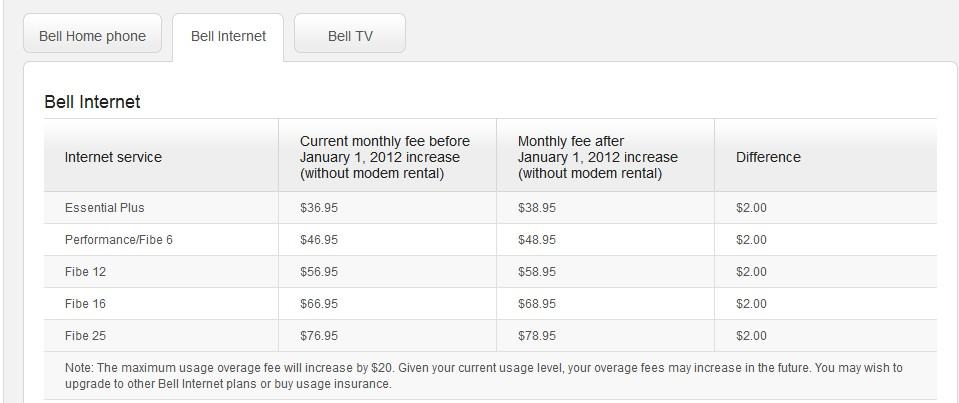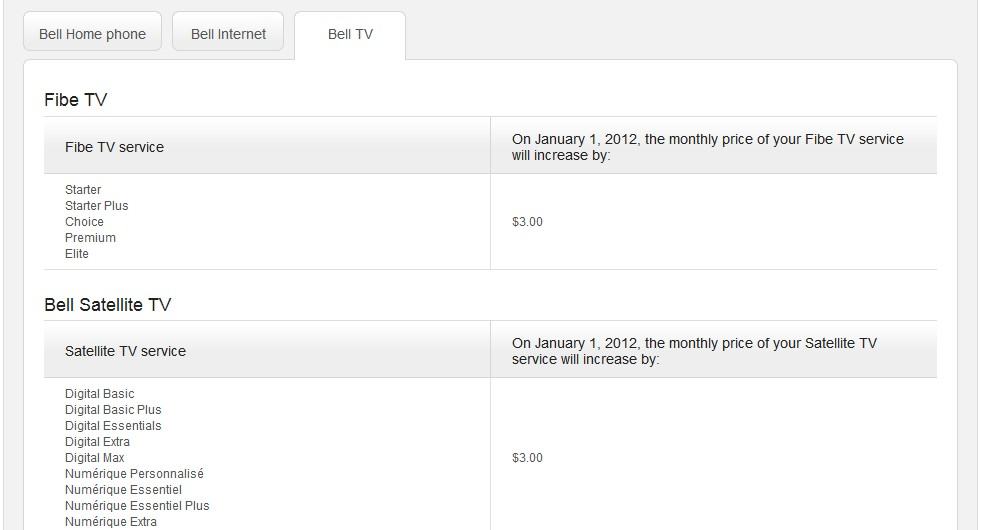 AT&T has announced an across-the-board rate increase for smartphone and tablet data plans, raising prices $5 Sunday for most plans while including incrementally larger usage allowances:
AT&T has announced an across-the-board rate increase for smartphone and tablet data plans, raising prices $5 Sunday for most plans while including incrementally larger usage allowances:
- Lite Usage:
200MB for $15is now 300MB for $20; - Average Usage:
2GB for $25is now 3GB for $30; - Higher Usage:
4GB for $45is now 5GB for $50. - Regular Tablet Plan:
2GB for $25is now 3GB for $30. - A new, higher use tablet plan will offer 5GB for $50.
- Overlimit fees are now $20 for 300MB of additional usage on the lite usage plan, $10/GB on all other plans.
AT&T originally charged $29.99 for unlimited-use data plans. The company claimed in the summer of 2010 its new limited-use plans would save most customers money, but except for very light users, that is no longer true.
AT&T says the new usage allowances reflect customer resistance to paying overlimit fees when they exceed AT&T’s existing caps. But the company has also previously said the vast majority of its customers never exceed the old allowances. According to AT&T, 65 percent of its customers use less than 200MB per month and 98 percent of its smartphone customers use less than 2GB of data per month. That effectively means every customer will now face a $5 rate hike for increased usage allowances most will not currently use.
Existing customers can hang on to their old data plans indefinitely, but those who bounce between carriers will be forced to choose from a more limited, and expensive, menu of options.
Considering that AT&T’s most significant rival Verizon Wireless currently charges $30 for just 2GB per month, AT&T officials are still able to claim their new prices represent a “great value.”
Customers grandfathered under AT&T’s old unlimited-use plans are also discovering they are anything but unlimited. So-called “heavy users” who exceed 2GB of use per month are first warned by AT&T they are in the “top 5%” of usage-hungry users, after which their wireless connection is throttled to as little as 15kbps for the remainder of the billing cycle.


 Subscribe
Subscribe
